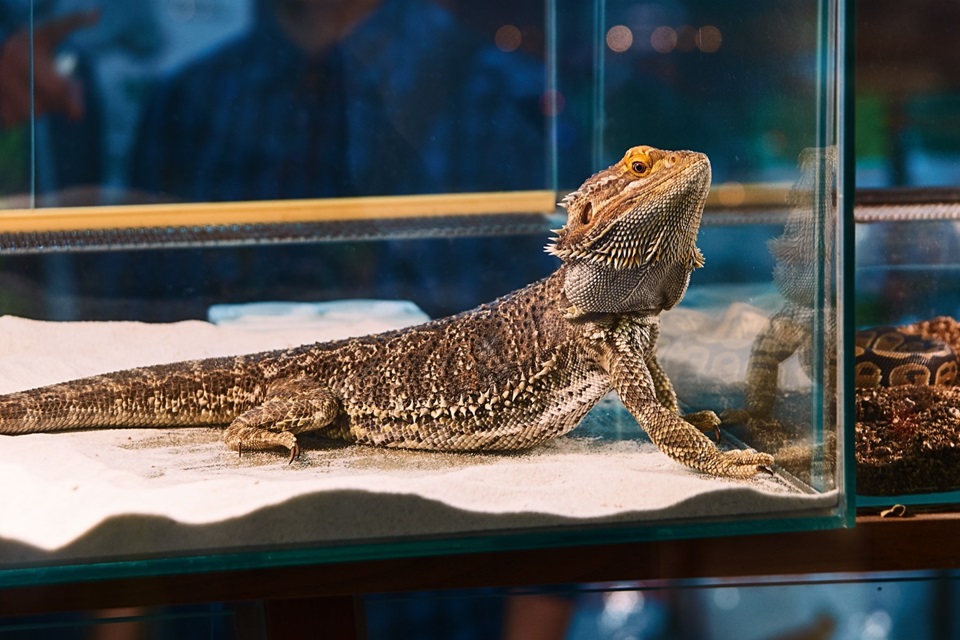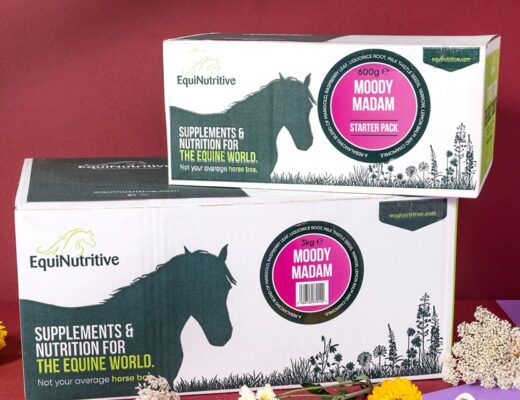As reptiles age, their dietary needs evolve, necessitating careful consideration and adjustment to ensure their health and vitality in their later years. Tailoring dietary guidelines specifically for aging reptiles is crucial to sustain their well-being and address age-related changes. This column delves into the significance of providing tailored dietary guidelines for elderly reptiles and outlines key considerations for their nutritional care.
Nutritional Adaptation
As reptiles age, their metabolism and nutritional requirements undergo changes. Adjusting their diet to accommodate these shifts is essential. For instance, elderly reptiles may require lower protein content found in dubia roaches to reduce strain on their kidneys and organs. A shift towards easily digestible proteins and increased fiber content often proves beneficial in maintaining their overall health.
Hydration Management
Maintaining proper hydration levels in elderly reptiles poses a significant concern as they age. In addition to providing accessible fresh water, integrating moisture-rich foods like leafy greens, cucumbers, or fruits into their diet becomes vital. These hydrating food options contribute to meeting their hydration requirements and play a crucial role in facilitating optimal organ function, aiding digestion, and supporting their overall well-being. Ensuring a balanced intake of such moisture-laden foods helps mitigate potential dehydration issues commonly faced by aging reptiles, promoting a healthier and more vibrant life in their later years.
Calcium & Vitamin Supplements
Elderly reptiles are susceptible to calcium deficiencies, leading to bone issues like metabolic bone disease. Including calcium and vitamin supplements in their diet, either through fortified foods or direct supplementation, is crucial. Balanced supplements support bone health and prevent the onset of deficiencies common in aging reptiles.
Digestive Health
As reptiles age, their digestive processes may become less efficient, necessitating dietary adjustments to support gut health. Introducing easily digestible foods into their diet, such as finely chopped vegetables or smaller prey items like dubia roaches, aids in easing their digestive burden. Furthermore, periodic incorporation of probiotics or digestive enzymes helps maintain a balanced gut flora, facilitating smoother digestion and absorption of nutrients. Selecting specialized reptile foods or prey items rich in natural digestive enzymes contributes to sustaining a healthy gastrointestinal environment, fostering optimal nutrient assimilation and overall well-being in aging reptiles.
Monitoring Weight & Appetite
Monitoring the weight and appetite of elderly reptiles is paramount. Sudden weight loss or unusual eating patterns could indicate underlying health issues. Adjusting the diet to accommodate preferences or health changes is essential in ensuring they receive adequate nutrition.
Specialized Care For Specific Species
Meeting the distinct nutritional demands of different reptile species is vital in elder reptile care. Customizing the diet to align with the specific dietary requisites of each species becomes particularly crucial as they age. Comprehensive research and comprehension of species-specific dietary guidelines are imperative for caregivers to curate a diet that caters to individual reptiles’ unique nutritional necessities. Tailoring the diet to suit the species-specific requirements ensures a more precise and effective dietary plan, contributing significantly to the well-being of elderly reptiles. This nuanced approach assists caretakers in addressing the species-specific nuances in nutrition, thereby fostering a healthier and more fulfilling life for aging reptilian companions.
Conclusion
Caring for aging reptiles demands meticulous attention to their evolving dietary requirements. Tailoring dietary guidelines to suit their changing needs ensures that elderly reptiles receive the necessary nutrients vital for their health and longevity. By adapting their diet, monitoring hydration and weight, supplementing appropriately, and considering species-specific needs, caretakers provide aging reptiles with a supportive and nurturing environment that enhances their quality of life in their later years.








No Comments